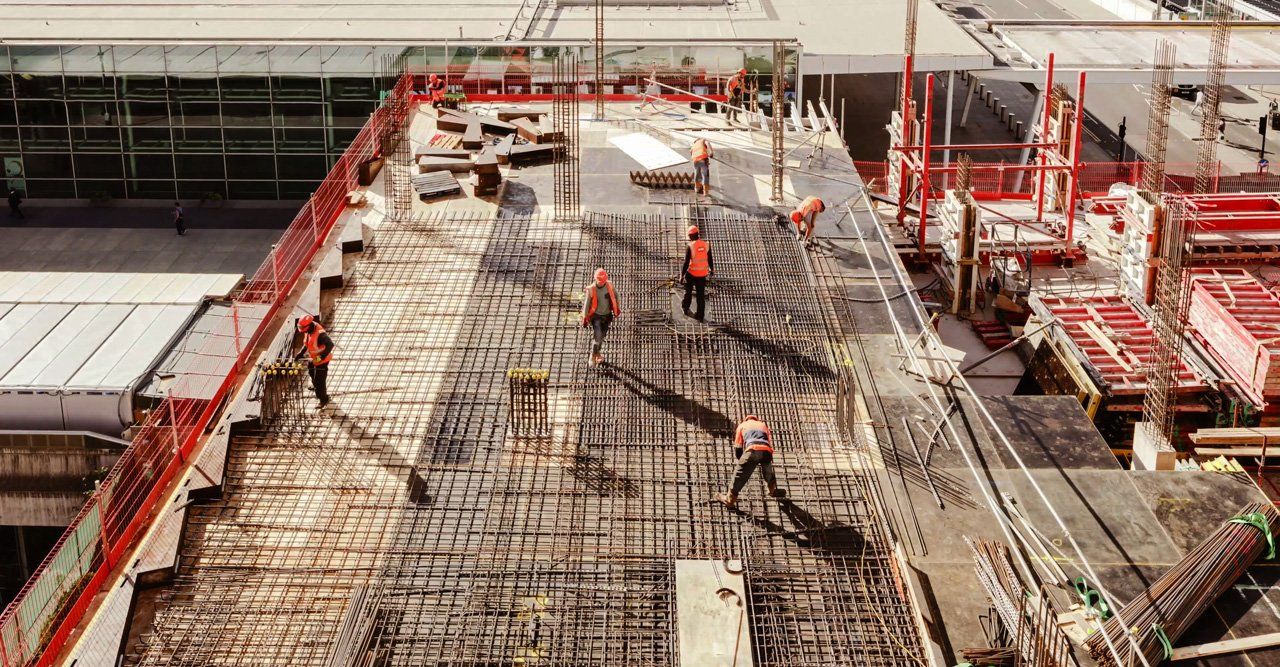How to Manage the 5 Phases of Construction Projects
- By Admin
- •
- 18 Jun, 2019
- •

As a licensed contractor, you will soon grow your construction project management skills. Whereas a handyman or skilled tradesperson typically works on their own on jobs that are manageable and contained, a contractor can move into larger and larger projects with bigger potential payouts.
Understanding the basic building blocks of a large project will help you be successful at managing yours. What are these basic elements? Here are the five steps in any size of construction project.
1. Need
This phase of any building or renovation project will happen long before you became involved. This is the point at which the property's owners and users determine what they need from the project.
Your future client will have to identify and narrow down their specific goals and needs. Do they need to expand their business or enlarge their home? Do they need an entirely new and modern building? Do they have to make the most of a particularly tight budget? If they can't have everything they want, which factors are the most important?
While you're not involved in this stage, it will be helpful if you have to make any adjustments during construction.
2. Design
You may or may not be involved in the design phase. Most clients will work with a qualified architect to design a building or other structure that meets those needs they identified. The design stage will also involve determining the materials to use, compliance with building codes and city regulations, and ways to make the best use of the projected budget.
After the design work is completed, the project itself will generally be open for bidding and assignment. Your company would consider what's involved and determine if you'd like to bid on it and for how much. After selection, you will reach a contract with the client and receive the finalized specifications to begin work.
3. Pre-Construction
Pre-construction is a planning phase. This is where the project manager will assign those in key roles within the project. For instance, you may need to assign a contract administrator to assist you as the project manager. You will also likely need a superintendent who will oversee on-site work on a daily basis.
This planning phase also allows you to make sure the site is physically ready for building. Determine the suitability of the ground for construction, the permits or waivers that still need obtaining, and the order that construction should proceed. Also, do a risk management assessment to avoid problems later.
4. Procurement
In the procurement phase, materials ordering and sub-contractor bidding should get into high gear. The more you can purchase in advance and in bulk, the better your bottom line will be. This phase is also a good time to ensure that you're in good communication with the client and any other stakeholders. You'll avoid many problems later on by keeping clients in the loop and ensuring that they remain satisfied as you progress.
5. Construction
Finally, you're ready to move into actual on-the-ground building work. If you have selected a good team, your main job should be checking in with those on the ground and handling specific concerns. You'll also want to ensure a good schedule of payments to everyone involved. Finally, operate as a liaison between the construction work and clients to make sure they remain satisfied and informed.
Managing a large-scale building project is a heavy responsibility. But, when coupled with your prior experience in both work and life as well as the training you receive at contractor's school, you can do it well. At Golden State Contractors School, we provide training to help you learn everything you need to secure a successful future in the construction industry. Enroll today.
PAYMENT









